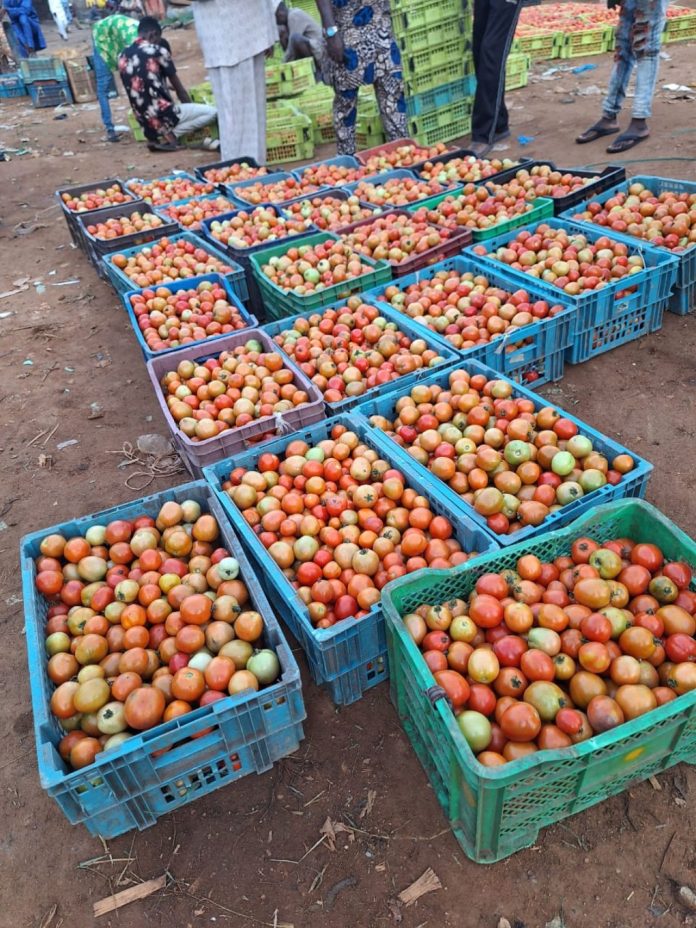In a recent conversation, Senator Babafemi Ojudu recounted an inspiring story shared by a dear friend from Ondo State. After stepping away from politics two years ago, his friend embarked on a new venture by investing in acres of palm trees. Just five months ago, she expanded her farm by adding tomato plants. The results have been extraordinary. She has been consistently harvesting tomatoes worth over 1.5 million naira each day. “I have consistently harvested 40 crates daily for the past week,” she shared with the senator, expressing her gratitude for the success.
As Senator Ojudu listened to her story, he was reminded of two Yoruba words that hold special significance for him: “Se ko ni” and “Iwa le wa.” These words encapsulate the essence of the Yoruba philosophy of Omoluwabi, emphasizing the importance of hard work and virtuous living.
“Se ko ni”—work so that you can have—and “Iwa le wa”—character is beauty—are more than just words. They are a philosophy to live by, reflecting the ideals of hard work and virtuous living. These principles, according to Senator Ojudu, are essential for anyone striving to be a dignified and honorable individual.
The senator was deeply moved by his friend’s story and her achievements in farming. It resonated deeply with him, demonstrating that there is indeed life outside of politics and public service. “What public service can be higher than feeding the people?” he remarked. This story, he believes, is a remarkable testament to the enduring spirit of hard work and righteousness that should continue to thrive within Yoruba culture and throughout Nigeria.
Senator Ojudu’s reflections highlight the significance of embracing new challenges and the enduring value of the Yoruba principles of hard work and integrity. His friend’s success story is not just about farming; it is about resilience, transformation, and the power of dedication to create meaningful change.




